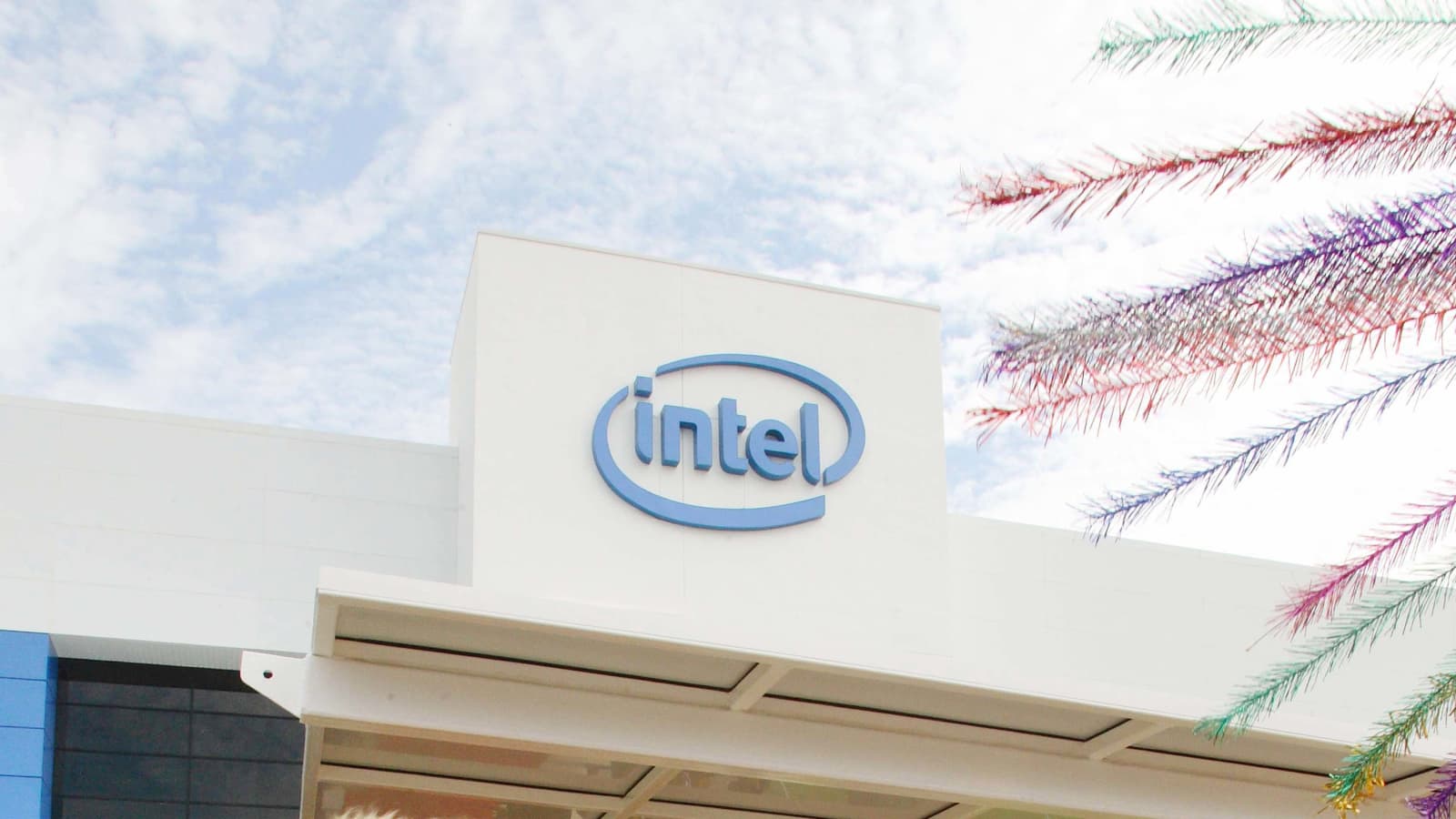Malaysia has long been a key player in the global semiconductor value chain, particularly in testing and assembling, and Intel Corp. understands this better than anyone. Intel has been operating in Malaysia for over five decades, with its first international manufacturing facility being established in Malaysia in 1972.

In December 2021, Intel reaffirmed its commitment to Malaysia by announcing a US$7 billion investment over the next ten years, bringing its total investment in the country to US$14 billion by 2032. The majority of this investment will be used to expand Intel's operations in Penang and Kulim, Kedah.
Currently, Malaysia serves as Intel's largest offshore site, employing over 10,000 workers across two campuses in Penang and Kulim. These campuses are among the largest assembly and test facilities in the world, and they provide various functions such as manufacturing, design, development, and local and global support services.
Recent news has revealed that Intel is building its first overseas facility for advanced 3D chip packaging in Penang. This facility will employ Intel's Foveros technology and establish Malaysia as Intel's largest production base for 3D chip packaging. Robin Martin, corporate vice president for manufacturing supply chain and operations, stated that the facility's mass production timeline has yet to be specified. However, it has been reported that companies like Amazon, Cisco, and the US government have already committed to utilizing Intel's advanced packaging technology.
Intel's expansion in Malaysia also includes the construction of a chip assembly and testing factory in Kulim as part of the US$7 billion investment. Malaysia currently ranks as the sixth-largest exporter of semiconductors globally, with Intel contributing around 20% of the country's total semiconductor exports annually.
Not only has Intel focused on Malaysia, but the company has also been actively engaging with Asia as a whole. Under the leadership of CEO Pat Gelsinger, Intel has recognized the importance of the Asian market and has been making significant investments in the region. In Vietnam, Intel became the first and largest major foreign high-tech investor a decade ago, injecting a total of US$1.5 billion into the country by the end of 2021. Additionally, there have been talks of further investment to expand Intel's chip testing and packaging plant in Vietnam.
Intel's approach in Asia is aimed at reducing reliance on Asian competitors like TSMC and Samsung, which currently dominate the manufacturing of processors. To achieve this, Intel plans to compete in the foundry business and has been collaborating with countries like Germany to increase manufacturing subsidies. Furthermore, Intel has announced over US$50 billion in investments to establish new sites or expand existing manufacturing facilities in Ohio, Arizona, and Ireland.
As Intel faces challenges such as a cyclical collapse in demand and the need to keep up with rapidly evolving customer needs and new technologies, the company is actively working to adapt its manufacturing processes and chip designs. This includes producing modified versions of its AI chips, like the Guadi 2 chip, to cater to specific markets such as China.
Intel's deepening ties with Malaysia, its expansion plans in Asia, and its efforts in Western countries demonstrate the company's determination to maintain its position as a global leader in the semiconductor industry.







